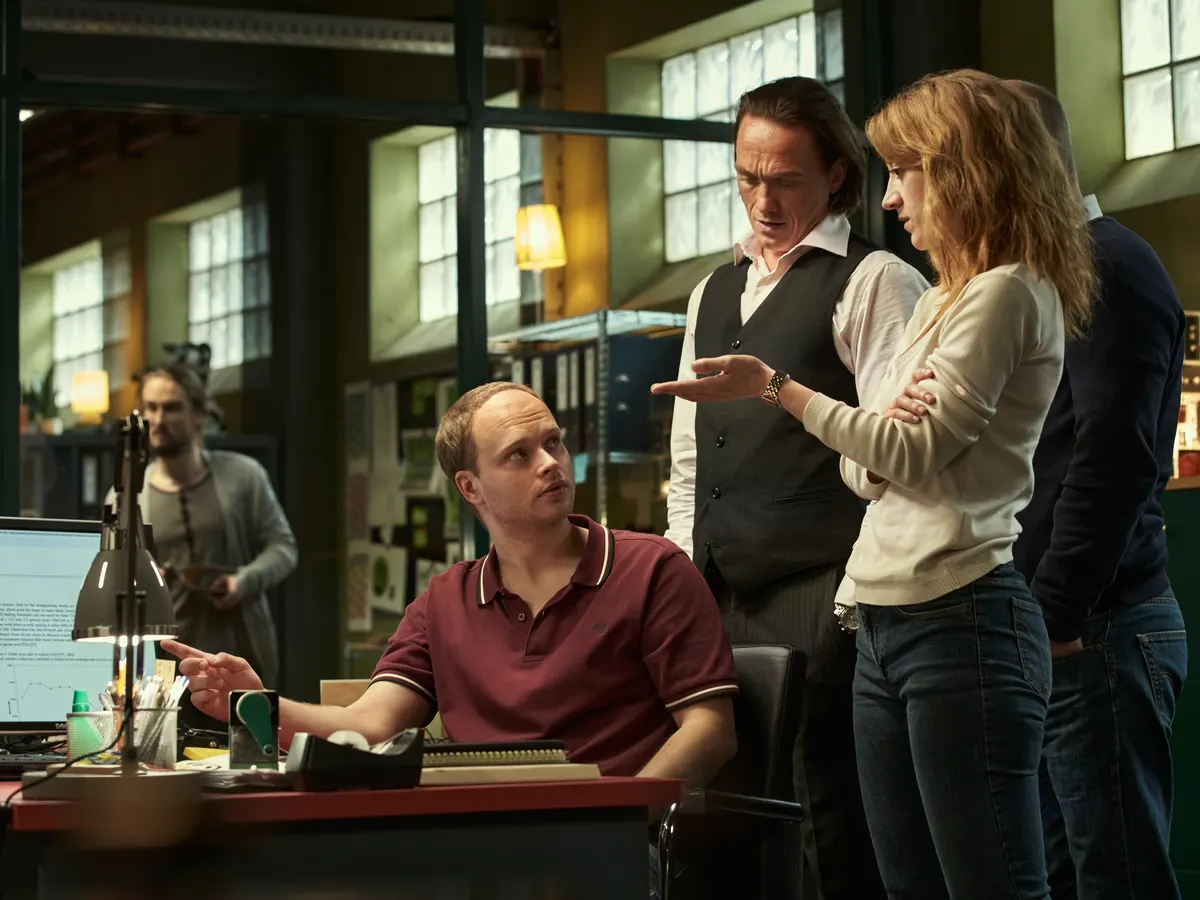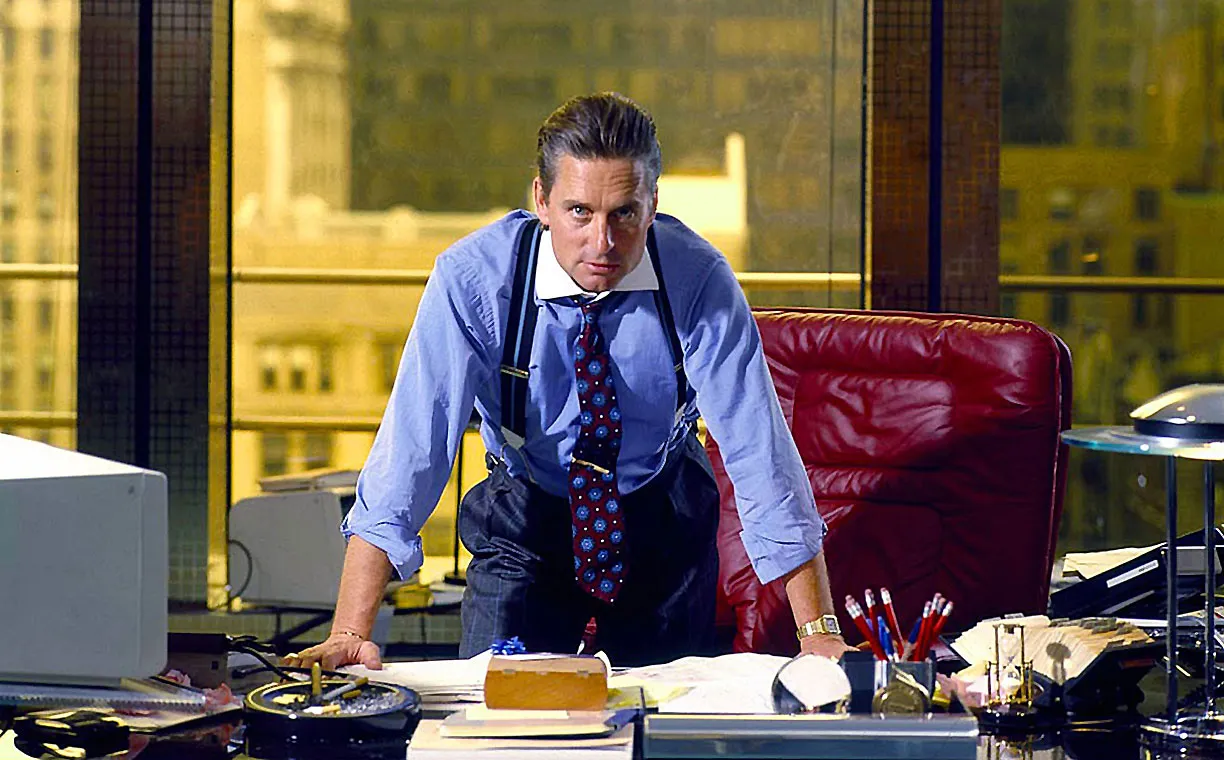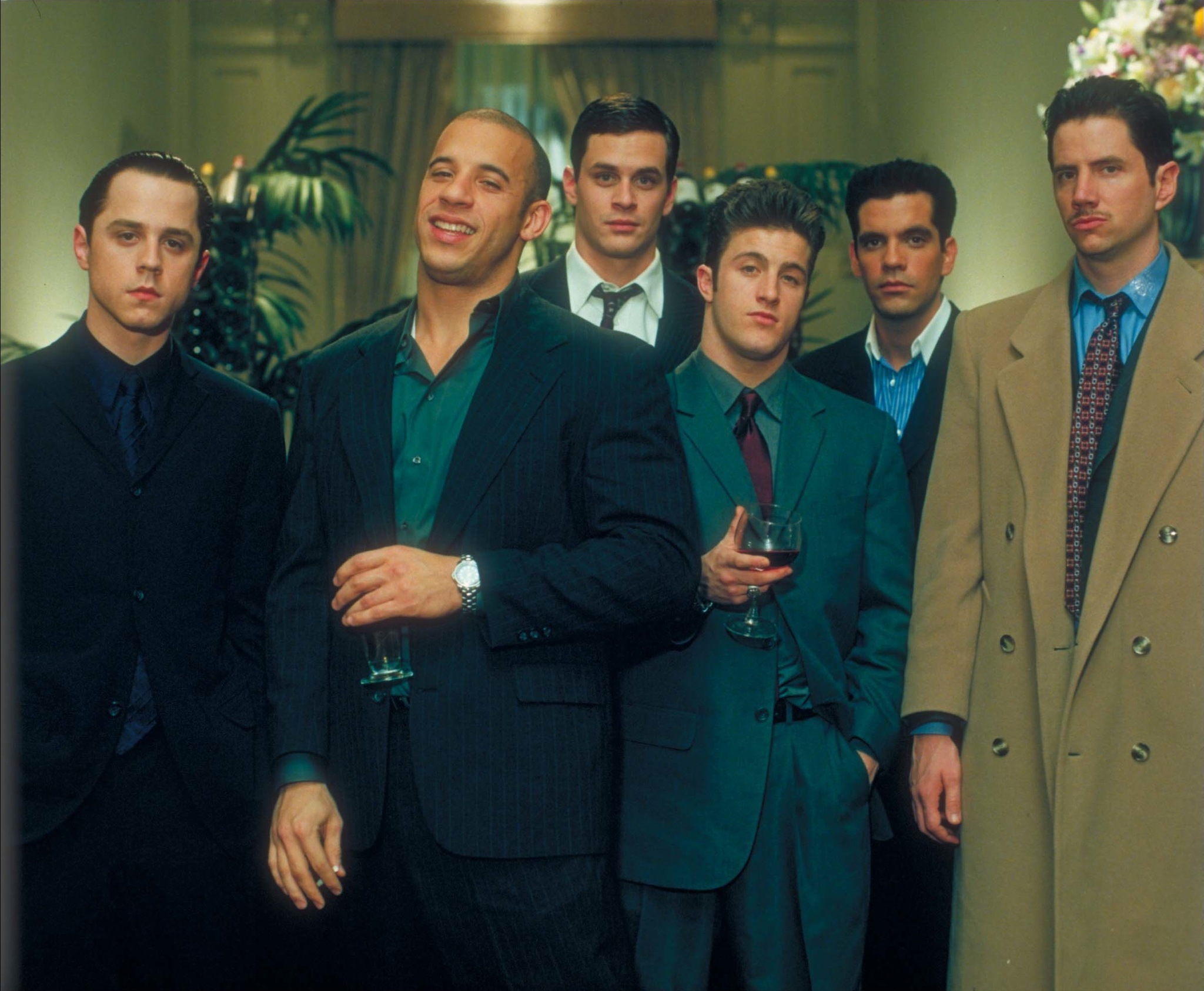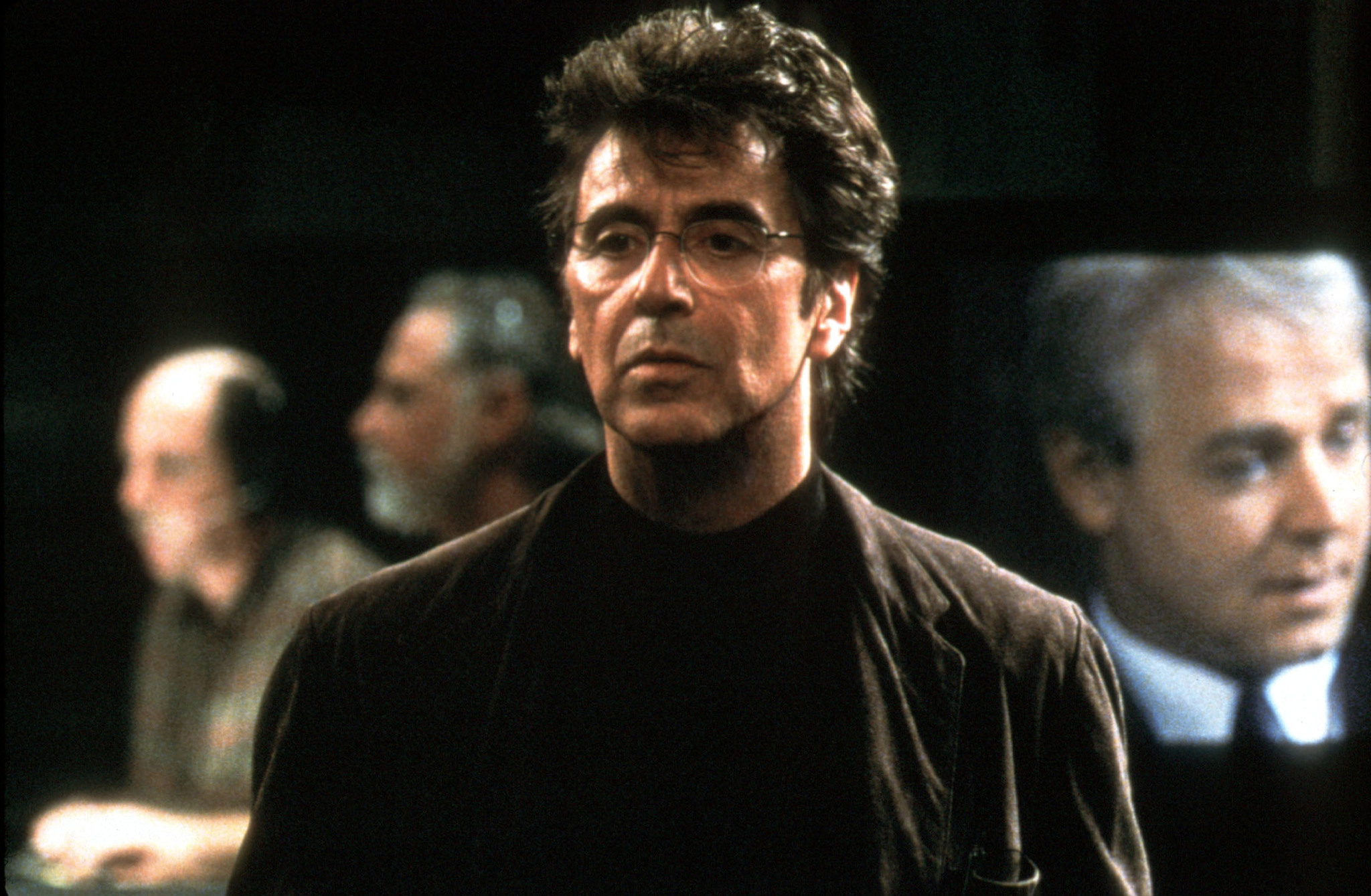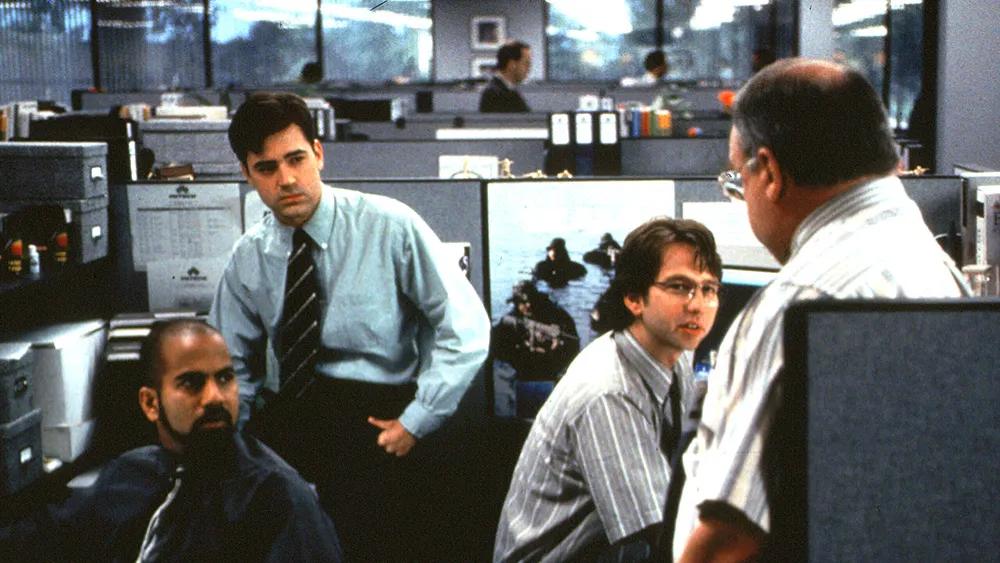Building things is hard.
It requires a certain mindset – taking risks, having a thick skin, resiliance, passion, stamina and emotional intelligence and empathy in being able to inspire people and bring them on that journey with you.
If you’re embarking on your first venture or you’ve been through the mill and fancy some reflection then I hope you love some of the movies here. The stories might be different but the themes are common – keep going, keep trying and as I shared GAIN last week (my product management framework), you’re never ‘done’.
What other movies would you recommend for inspiration and reflection?
Why watch it?
The drama about the creation of Spotify is fascinating for product people because it cares about the tech, the UX, the UI. I loved the airtime given to these things as well as the emotional upheaval and politics of grinding through funding rounds, failures and successes. There are some big lessons here for founders and teams alike.
Best scene in the movie:
Not one scene in particular but I found Christian Hillborg’s portrayl of co-founder Martin Lorentzon incredibly moving and wonderfully nuanced.
This is the excellent David Fincher film that documents Mark Zuckerberg creating Facebook whilst studying at Harvard and the ensuing legal wrangles that followed between him and the Winklevoss twins as well as co-founder Eduardo Saverin.
Why watch it?
The Aaron Sorkin pacey screenplay nails those start-up adrenalin vibes, whilst the cinematography and pulsing soundtrack all add up to a mesmerising experience. But ultimately it is the shift in human nature that is observed here – Zuckerberg cannot seem to handle interpersonal relationships well but managed to bring 500 million people with him in Facebook. As is common in many of these films you’ll see the pain that the various protagnists go through when money is involved or IP.
Best scene in the movie:
For me there are two. When Zuck meets Sean Parker for the first time ‘A million dollars isn’t cool. You know what’s cool? A billion dollars.’ And the scene where Eduardo Saverin learns that his shares have been diluted.
For me the 80s was an era of incredible excitement and excess. When I dipped my toes into the world of start-ups in the 90s things were a little different – less outlandish, less flambouant. Wall Street epitomises the ‘greed is good’ mantra of that era and harks back to the feverish excitement of the stock market that preceeded the dotcom bubble.
Why watch it?
Michael Douglas is magnificent as Gordon Gekko and won an academy award for his performance. There are parallels of this 80s world with the sometimes singualr exit vision of some founders today. Making shortcuts to get rich and trampling on anyone who gets in your way.
Best Scene in the Movie:
Greed is good speech from Gordon Gecko!
Boiler Room is a gem of a film from director Ben Younger who I wish would release more – he’s a superb talent. It tells the story of a 19 year old named Seth who trades his illegal casino hustle for a day job as a broker to try and win the approval of his father. Unfortunately the firm is not all that it seems.
Why watch it?
So many people enter into the start-up world like Seth. They believe in the exits, the share options – only to find out later that success is rare, that emotions run high and the mental stress and burnout stories are real. The acting is superb with a great cast including Ben Affleck, Giovanni Ribisi and Vin Diesel. This is a film that captures your heart and takes you on a journey.
Best scene in the movie:
Ben Affleck carrying out a group interview.
The story of Elizabeth Holmes, founder of the medical company Theranos, is documented here in this limited Hulu series. Holmes’ company promised much – so much so that Theranos at one point was valued at $9bn. They had developed a unique blood testing product but there was one problem – it did not work.
Why watch it?
Amanda Seyfried is excellent as Holmes. The story is a cautionary tale of data manipulation to investors. It is not uncommon for board reports in tech companies to be economical with the truth, the MAUs, DAUs, growth figures and so on. Here we see this pulled off that is almost unbelievable. How far do you go to win funding and to what end?
Best scene in the movie:
Test day for investors. Jaw dropping.
When I think of movies I always think of Michael Mann. The Insider is a little different to the other titles here. It portrays the true story of big tobcacco whilstleblower Jeffrey Wigand and how he put his life on the line with the help of Lowell Bergman, a producer for ‘60 Minutes’ (The CBS News programme) to spill the beans on malpractice. This resulted in a $240bn settlement from the tobacco firms.
Why watch it?
The corporate world can be a dangerous and isolating place as well as one that can be hugely financially and personally rewarding. Here we see someone driven by factors outside of money. Someone who fought to try to make a difference and to some extent succeeded. If you are doubting your mission or your moral compass, The Insider shows what bravery and reslience can do to help push you forward. It is quite possibly also one of Mann’s best films and one of my favourite Al Pacino performances.
Best scene in the movie:
There are so many incredible moments in this film. However, the deposition scene in the courtroom where Bruce McGill unleashes hell on one of big tobacco’s attorneys is powerful.
Created by Mike Judge (Who rose to fame with MTV’s ‘Beavis and Butt-Head’) this now cult film is a comedic spin on the nightmare of modern office life. A tight knit crew of workers go through their daily routines lamenting the mundane tasks they have to perform and even try to get sacked.
Why watch it?
The writing is sharp, the nuances only too familiar. Office Space offers a little respite from the stresses and strains entreprenuers may encounter in their fast paced busy lives.
Best scene in the movie:
Peter enlists an ‘occupational hypnotherapist’ and ends up barely attending work, goes fishing and yet at a review (when hoping to get sacked) he’s promoted.
This truly inspirational tale follows that of Chris Gardner who in the 1980s struggled with homelessness while raising his son. Determined to make something of his life but without any experience, college education or connections, he gained a position in Dean Witter Reynolds’ stock brokerage training program. Unfortunately it paid no salary. Gardner against all odds managed to complete the program and went on to become a stock broker. Years later he was to become a multi miillionare after selling a stake in his own firm.
Why watch it?
Founding a company, raising capital, trying to build a product and make it a success – all of these things are challenging. In every success story you’ll find incredible lows. This film is a remarkable story of consistent resiliance against an almost unrelenting tide of knockbacks.
Best scene in the movie:
The moment Chris Gardner is hired by Dean Witter Reynolds.
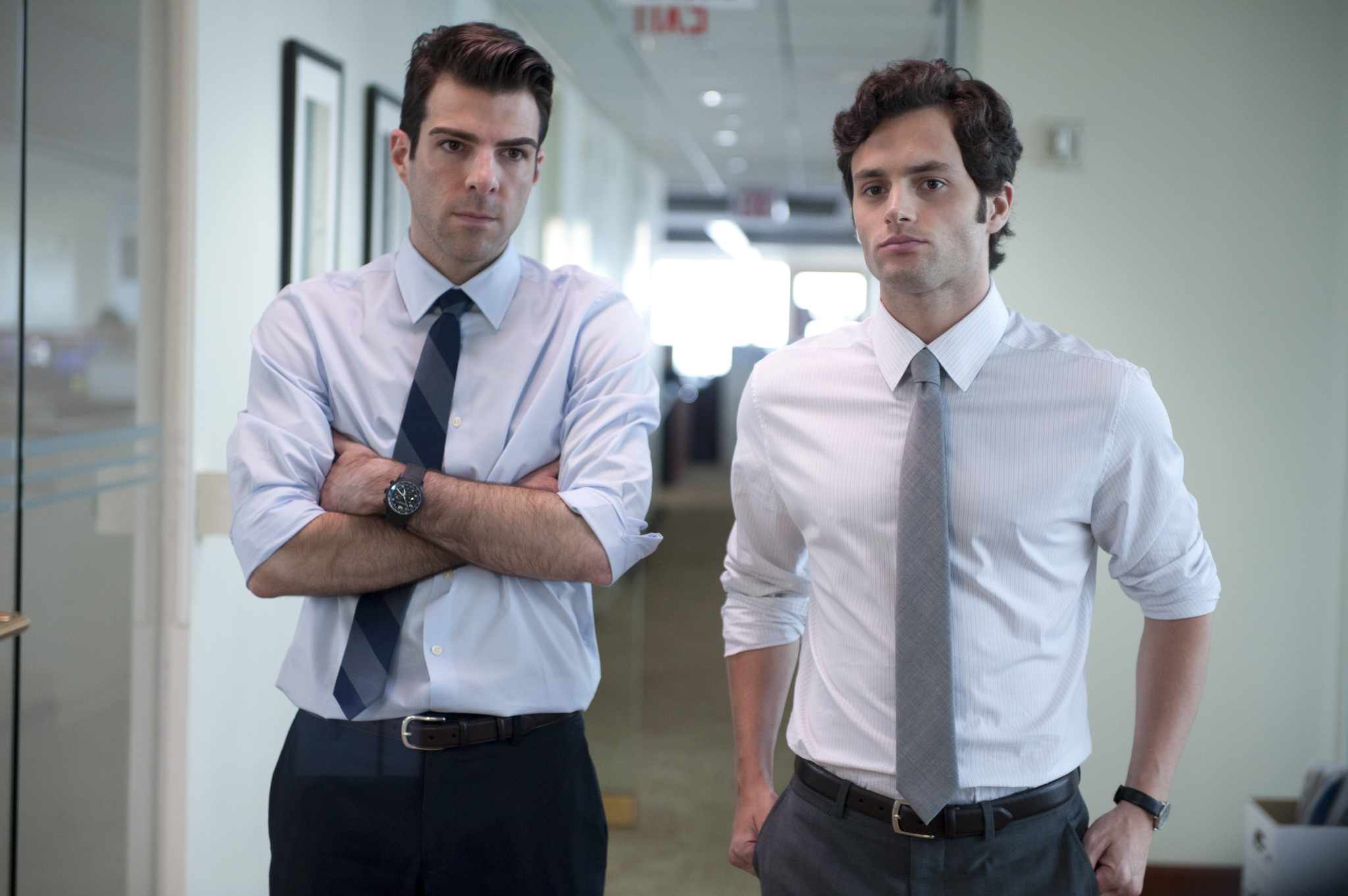
Margin Call is better than The Big Short. It documents the 2008 financial crisis from an investment bank’s point of view. The plot unfolds over a 24-hour period as the crisis was emerging to devastating effect.
Why watch it?
Another sharp reminder of the pitfalls of financial greed and how this can not only impact people but businesses too. Jeremy Irons as CEO is fantastic.
Best scene in the movie:
The ‘moment of truth’ when data shows the real picture of what has been happening in the markets.
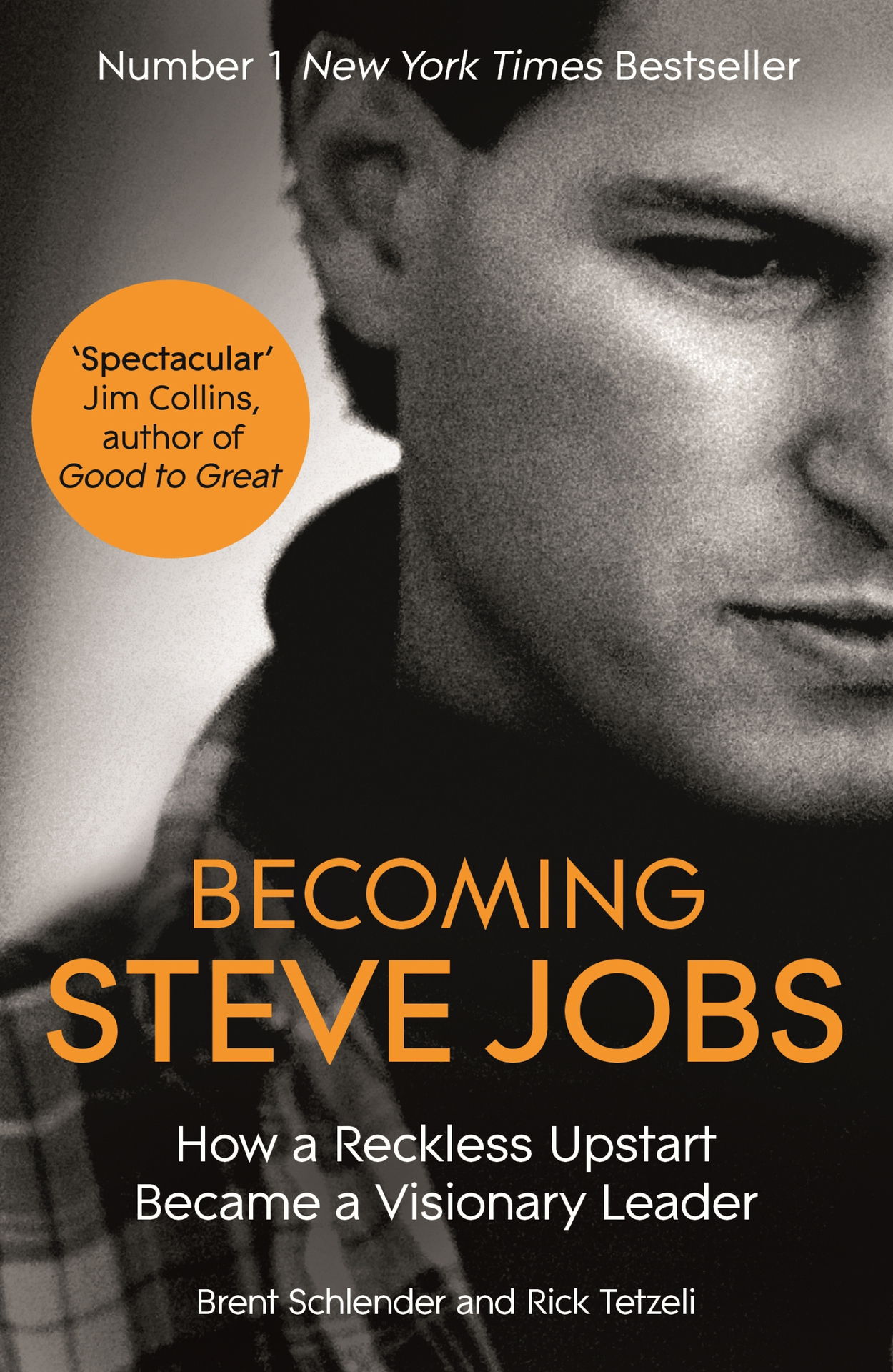
It is not a movie and that is because there’s not been a decent movie about Steve Jobs. Trainspotting director Danny Boyle’s attempt was poorly received. This book is also better than Walter Isaacson’s biography which was looked at unfavouringly by Apple execs.
‘Becoming Steve Jobs’ focusses more on the visionary aspects of Jobs’ life between his two stints at Apple. Later chapters in the book reveal a more caring side of Steve Jobs as well as a much better insight into how his vision and maturity (which had constantly evolved) played a formative part in Apple’s continual success.
